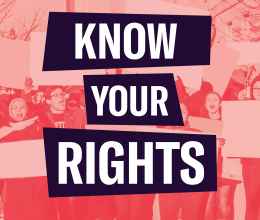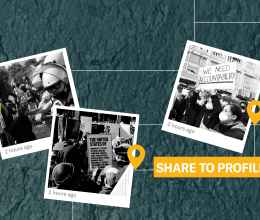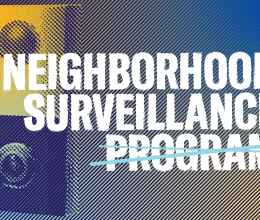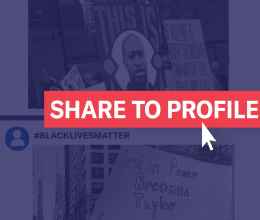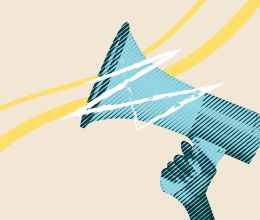The Chicago Sun Times posted a story this weekend detailing Chicago Police Department activities aimed at monitoring the activities of protest groups, especially African American groups, in the aftermath of the release of the Laquan MacDonald video in November 2015. The Sun Times story describes the CPD making “plans to have undercover officers spy on protest groups.” The following can be attributed to Karen Sheley of the American Civil Liberties Union of Illinois:
The recent reports about the level and breadth of police monitoring of peaceful protest groups is unsettling and requires a response. Thousands of Chicago residents have joined protests in recent months demanding a more accountable, more transparent policing system in the City, and these protests have been conducted largely in a peaceful, considerate fashion. Rather than being dangerous, it has been inspiring to see so many young people take a leadership role in helping to plan and shape these activities.
The exercise of one’s protected First Amendment rights should not be a catalyst for a police investigation, whether overt or the covert insertion of undercover officers inside an organization. Such spying on peaceful protesters chills speech. The ACLU strongly opposes police officers attending meetings and collecting information on people organizing to exercise their First Amendment rights.
Given Chicago’s bleak history of using undercover officers to investigate and infiltrate peaceful groups simply for opposing policies emanating from City Hall, there must be strong, written guidelines for guarding against abuses in the use of police to investigate these sorts of activities. Washington D.C., for example, has a protective ordinance requiring “reasonable suspicion of a crime” before beginning the kind of investigations described here. Chicago used this standard for decades, but since the dissolution of a long-standing federal consent decree in June 2009, the standard of “a legitimate law enforcement purpose” has guided the CPD’s decisions for whether to spy on political movements. That standard is too low and nebulous, and inevitably leads to the kind of troubling spying reported here.
The ACLU of Illinois urges the Chicago City Council to hold hearings into these investigations as a precursor to considering written, formal guidelines, adopted by the Council that can help assure every person in Chicago that exercising free speech is not a predicate for a criminal investigation.
